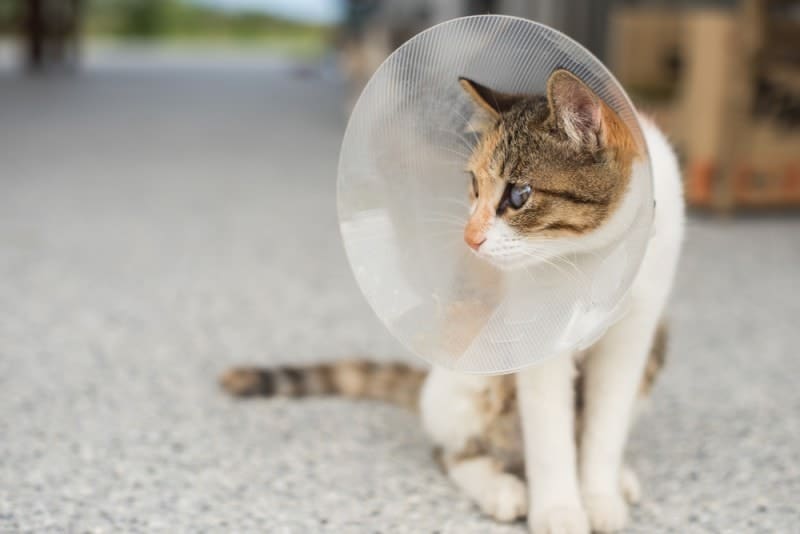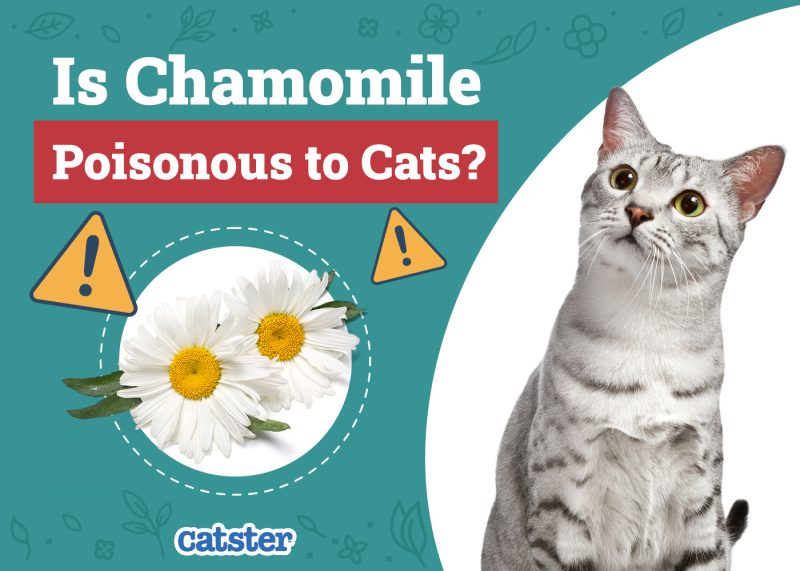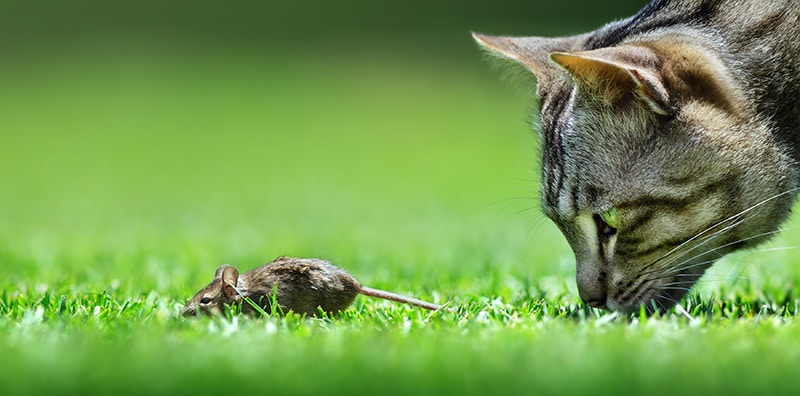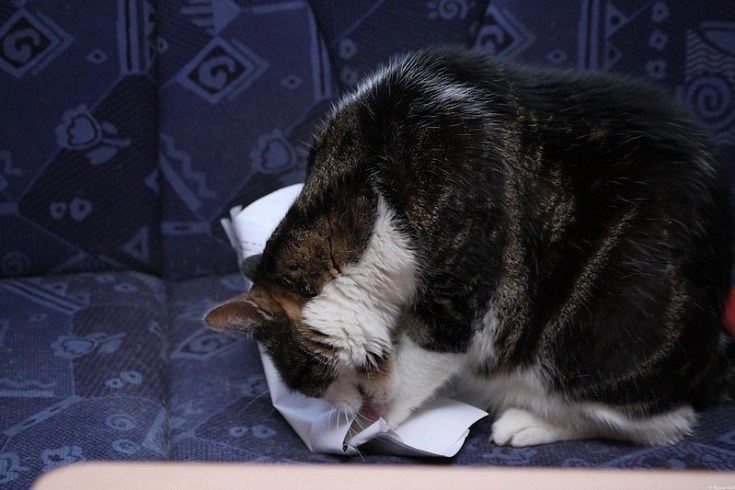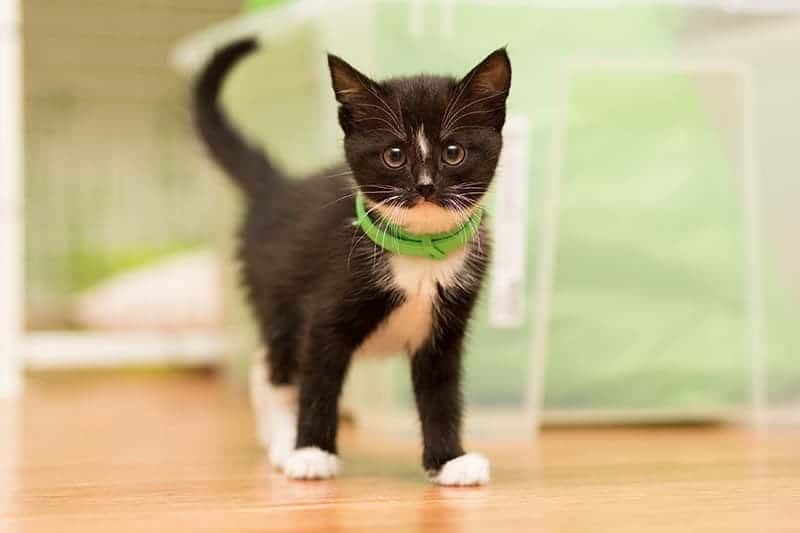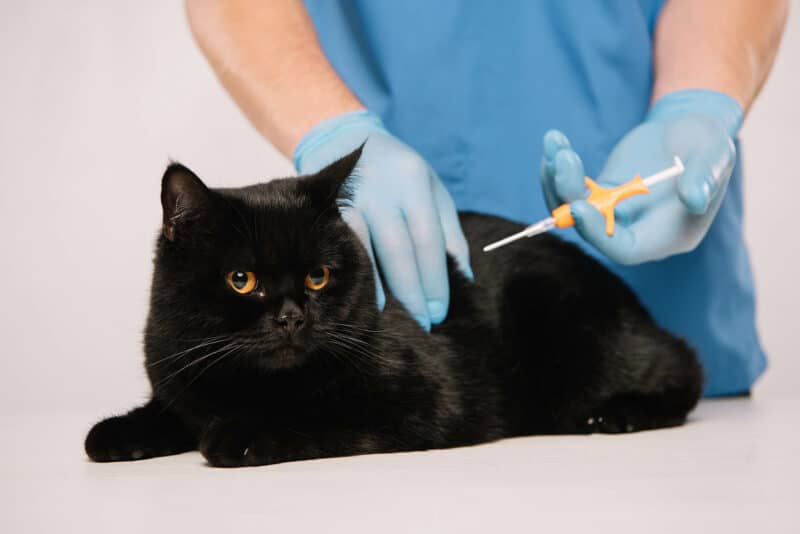Neutering your cat is one of the most important procedures in your male cat’s life.1 Every cat owner knows how bad male cat urine smells, and unneutered males tend to spray once they enter puberty. Aggressive behavior ensues; your male cat will wander and roam, become territorial, and will become a less-than-desirable cat to have around.
But what about your male cat’s health? Can neutering your cat increase their life expectancy? Yes, it can! Having your male cat neutered will undoubtedly increase his life expectancy. Read on as we dive into this subject to better understand why you should neuter your cat if you haven’t already.
If you want veterinarian advice without the hefty vet bill, we suggest booking with an online vet for professional and helpful advice for a fraction of the cost.

Can Neutering Your Cat Increase Their Life Expectancy?
According to a post on the American Veterinary Medical Association (AVMA) web page based on the Banfield Pet Hospital’s State of Pet Health 2013 Report1, having your male cat neutered will increase his life expectancy by 62%. One reason that percentage is high is that neutered males do not roam like unneutered males. When cats roam, they can be attacked and killed by another animal, hit by a car, or pick up an infectious disease.

Can Neutering My Cat Decrease His Chance of Developing Cancer?
Absolutely, yes. Neutering your male cat eliminates his chances of developing testicular cancer because the testicles are removed altogether. Neutering also helps decrease the chance of your cat developing benign prostatic hyperplasia, which causes difficulty urinating and defecating.
Are Cats Happier After Being Neutered?
Your cat may become more affectionate after being neutered. But don’t worry; it won’t change your cat’s personality completely, but rather reduce certain behaviors associated with being intact, such as aggression, the desire to roam, and spraying. There will always be debates on whether it’s humane to neuter a cat, but the pros outweigh the cons, especially regarding their health.
The only con we can see is your cat may gain weight. Intact males roam more, which burns more calories. Your neutered cat’s metabolism will be slower, and he may not be as active after the procedure, but you can always consult your veterinarian about this issue.
If you need to speak with a vet but can't get to one, head over to PangoVet. It's an online service where you can talk to a vet online and get the advice you need for your pet — all at an affordable price!

Is There an Optimal Age to Neuter My Cat?
You should consider neutering your cat before he reaches 5 months old. It’s safer and faster to perform the surgery at that age rather than when the cat matures. By neutering earlier in the cat’s life, you’ll also help decrease the free-roaming cat population, which is overcrowded and leads to euthanasia in shelters.
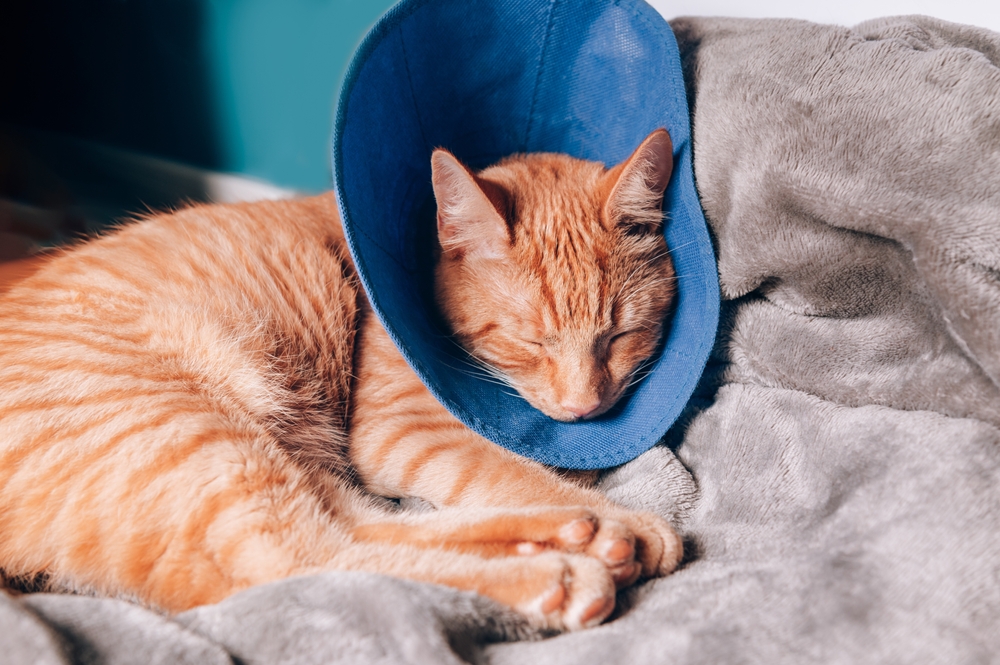
Tips for Keeping Your Cat Safe
Neutering your cat will keep your cat safe. As we’ve mentioned, an intact male wanders and roams, which could lead to getting hit by a car or getting an infection. Fixing your cat will also diminish aggressive behaviors and eliminate the possibility of developing certain cancers.

Conclusion
As you can see, neutering your cat has significant positive outcomes. By fixing your male cat, you eliminate his chance of developing testicular cancer and decrease his chance of developing prostatic hyperplasia. Your neutered cat will have no aggression associated with being intact and may even become more affectionate. You’ll also be helping cut down the cat population that leads to overcrowding in animal shelters. In the end, we highly recommend neutering your male cat for a happier and longer life.
Featured Image Credit: elwynn, Shutterstock
